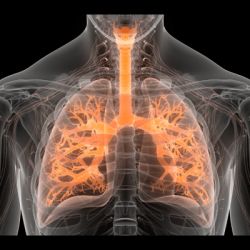Johns Hopkins University researchers (Baltimore, MD, USA) recently developed a deep-learning-based algorithm capable of predicting sudden arrhythmic death using contrast-enhanced heart MRI data of ischemic heart scarring and the patient’s clinical background. The study’s results were recently published in Nature Cardiovascular Research, which marks the first use of using a deep learning algorithm to predict the risk of sudden fatal cardiac arrhythmias.
According to the authors, sudden cardiac death from arrhythmia accounts for about 20% of all deaths globally, but the risks are not well characterised. With this gap in mind, researchers trained Survival Study of Cardiac Arrhythmia Risk (SSCAR), a deep-learning-based algorithm on heart MRI data to determine the features associated with sudden and lethal cardiac arrhythmias to predict survival. Specifically, the algorithm was trained using contrast-enhanced MRIs to visualise the cardiac scar distribution from 156 cardiomyopathy patients at John Hopkins Hospital to determine the features that confer risk over ten years. The research team also trained a second neural network using ten years of standard clinical patient data, including 22 factors like patient age, weight, race, and prescription drug use. These two algorithms were used to inform a survival model to create survival curves for each patient. The team found that SSCAR’s predictions consistently held a high level of accuracy.
SSCAR was then validated on an independent patient cohort from 60 health centres across the US, with different cardiac histories and different imaging data, where it continued to show high performance. This signifies that the platform could be implemented anywhere. The research team plans to adapt the SSCAR’s algorithm to other cardiac diseases in the future.
Source: Nature Cardiovascular Research
Image Credit: iStock
References:
Popescu DM et al. (2022) Arrhythmic sudden death survival prediction using deep learning analysis of scarring in the heart. Nature Cardiovascular Research.



























